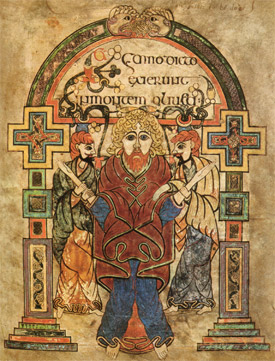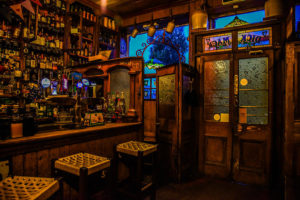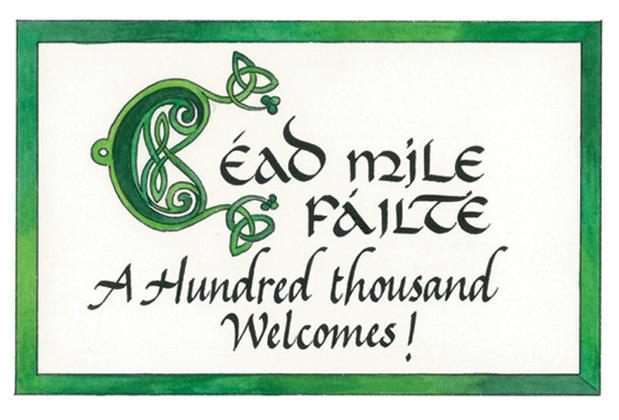A Story of An Irish Sept: Their Character and Struggle to Maintain Their Lands, by Nottige C. Macnamara (a member of the Sept), 1896.
Part I: Origins In chapter 1 we learn about the origins of our main sept, the Macnamara’s of Co. Clare. From the author’s perspective, the people of west Ireland share a direct genetic connection to the Basque’s, and this has been suggested by later researchers.
We will also learn about the “Celtic invasions” of Ireland, the nature of the Celtic people, and how these differed from that of the Fir Bolg’s whom the author assumes descent from.
“Sept” is the word used in early Ireland to refer to a large family kin group, usually a collection of families with various surnames although descending from a single great common ancestor.
The smaller kin groups were referred to as “fine” (pr. finna or finny), and these were categorised in degree of closeness of relatives who shared a common grandfather (gel-fine), great-grandfather (derb-fine), or great-great-grandfather (iar-fine). A sept was essentially a much wider kin grouping that comprised of several fine who shared a common distant great ancestor – who served as a progenitor of the tribe, so to speak.
The book is authored by N.C. Macnamara, a fine that descends from the Dalcasian sept, the same sept which Brian Boru descended from.
In chapter 2 we’ll dive into the nature of early Irish society under the Brehon Laws, so watch this space!


